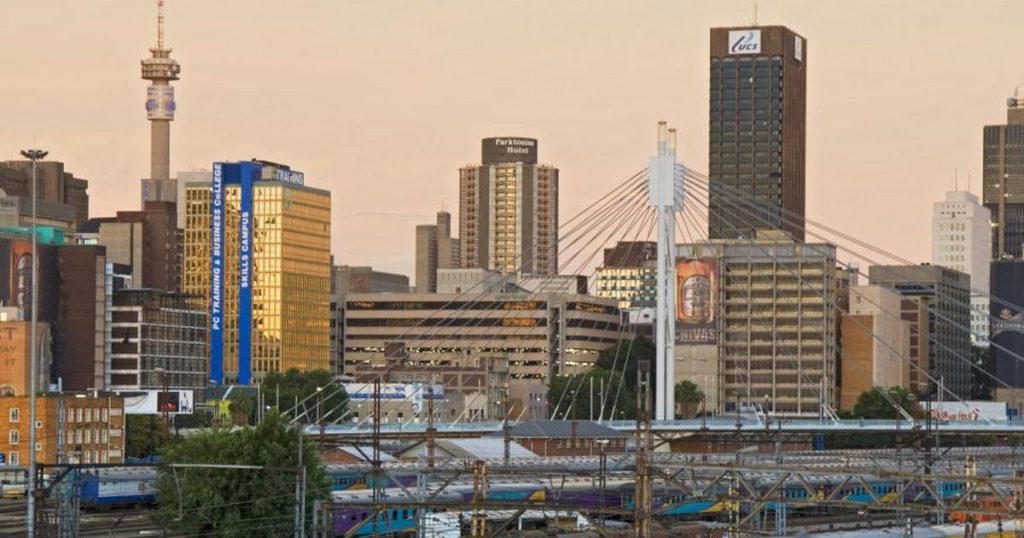Industrial-led development key to $1trn economy target — Manufacturers

By Yinka Kolawole
In order to achieve Nigeria’s aspiration to become a $1 trillion economy by 2030, the Manufacturers Association of Nigeria (MAN) has tasked the federal government to prioritise industrial-led development.
Director General of MAN, Segun Ajayi-Kadir, who gave the charge in a chat with Vanguard, said that industrial transformation must be the anchor of Nigeria’s economic strategy, if the target must be met.
“To make a credible path to a $1 trillion economy, Nigeria must prioritise an industrial-led development model. This requires a deliberate and strategic revival of industrial output, with a particular focus on high-value-added and exportable manufactured goods, supported by unmitigated government patronage. Reliable and affordable energy supply must be central to this effort; without stable and cost-effective electricity, the manufacturing sector cannot thrive and contribute meaningfully to the GDP,” he stated.
On the latest rebasing of Nigeria’s GDP by the National Bureau of Statistics (NBS), Ajayi-Kadir said: “The federal government’s aspiration for Nigeria to become a $1 trillion economy by 2030 is an ambitious but technically attainable goal over the medium to long term.”
According to him, with the newly rebased nominal GDP at $243 billion, reaching the $1 trillion threshold by 2030 would require consistent nominal growth of 12–14 percent annually, assuming currency stability, or real GDP growth of 6–7 percent per annum, a figure that is nearly double the current real growth rate of 3.38% as recorded in 2024.
Ajayi-Kadir lamented that the GDP rebased figure indicates that the nation’s economic expansion is not backed by productive transformation.
“Our main concern is that the manufacturing sector, which is the lead in the industrial sector, has not grown; in fact, it has contracted.
“The rebasing exercise, while statistically necessary, may obscure some of the economy’s deep-rooted challenges. Industrial output remains largely declining. Following the rebasing, the industrial sector’s share of GDP dropped from 27.65% in the 2010 base year to 21.08% in the 2019 base year.
“More worrisome is the under-performance of the manufacturing sector. Despite its critical role in job creation, export diversification, and economic transformation, the sector’s contribution to GDP remains low and increasingly volatile. Key subsectors such as oil refining and motor vehicle assembly have recorded consistent declines in real output, eroding Nigeria’s industrial performance,” he added.
The MAN DG said it is expedient that the government makes industrial transformation the anchor of Nigeria’s economic strategy.
“Achieving a $1 trillion economy is not simply about increasing output. It is about building an economy that works, that creates jobs, that competes, and that uplifts the majority. Without a strong, modern, and competitive manufacturing base, the $1 trillion goal may be a struggle and measured only in numbers, not in national prosperity.
“The statistical revision of the GDP exposes the structural weaknesses in the country’s productive base, particularly in manufacturing, which is central to any ambition of building a resilient, competitive, and inclusive economy,” he stated.
Ajayi-Kadir called for urgent rebalancing of economic policies in favour of productive sectors, especially manufacturing.
“Nigeria must re-industrialise to achieve inclusive growth, build export capacity, and reduce dependence on primary commodities and informal activities. We urge the government to prioritise manufacturing in policy, financing, and infrastructure development, because without a strong industrial base, GDP expansion may just become a hollow statistic,” he said.
The post Industrial-led development key to $1trn economy target — Manufacturers appeared first on Vanguard News.







